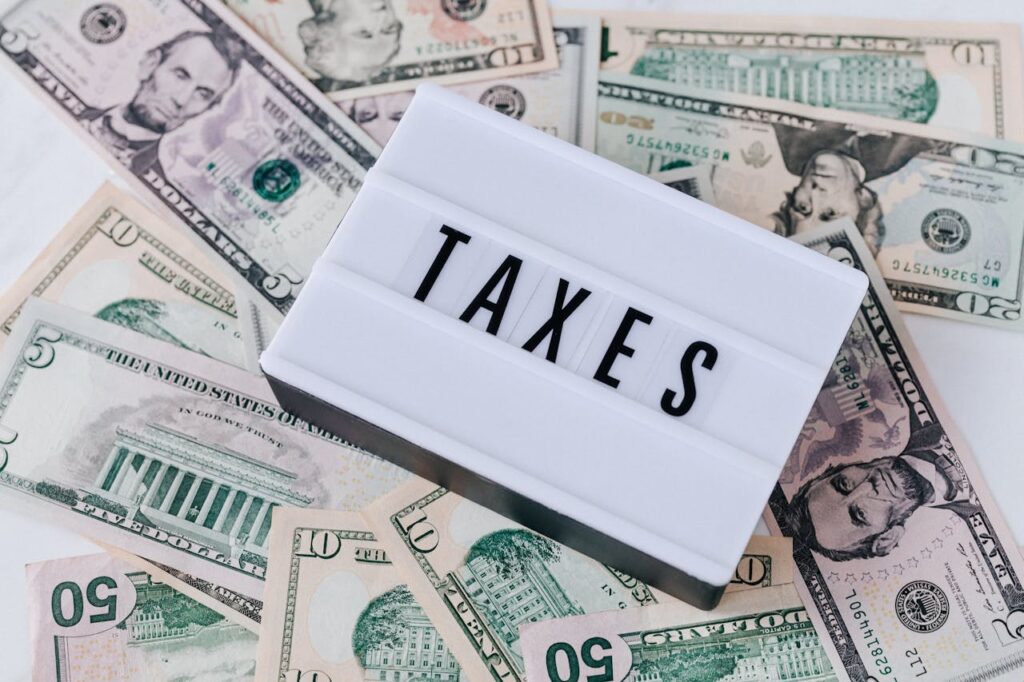In today’s world, discrimination in any form is an issue that demands attention. One of the less talked about yet impactful forms of discrimination is the source of income discrimination. This practice occurs when landlords or sellers refuse to rent or sell based on how an individual earns their money, whether through government assistance, alimony, disability benefits, or other non-traditional income sources. Lee Davenport, an advocate for equal opportunity and housing fairness, sheds light on why it’s crucial not to facilitate such discriminatory practices in our communities.
What is the Source of Income Discrimination?
Source of income discrimination refers to a situation where a landlord or seller refuses to lease or sell property to an individual based on the way they earn their living. This may include income from:
- Government assistance includes Social Security, unemployment benefits, or housing subsidies like Section 8.
- Disability benefits: Monthly payments received by individuals with disabilities.
- Child support or alimony: Financial support a former spouse or partner provides.
- Self-employment or freelance income: Earnings from non-traditional work arrangements.
This form of discrimination is often subtle, but its effects can be deeply damaging. It excludes individuals who rely on these income sources from equal access to housing opportunities, creating further barriers for those already facing financial challenges.
Why is the Source of Income Discrimination a Problem?
Lee Davenport emphasizes that the source of income discrimination perpetuates inequality by restricting housing access for vulnerable individuals. This discrimination can affect people in many ways:
- Exclusion from housing markets: Families that rely on government assistance or other non-traditional income sources can find it incredibly difficult to secure housing. Many landlords refuse to accept housing vouchers or assistance programs, leaving low-income individuals with fewer options.
- Perpetuating cycles of poverty: When individuals are denied housing opportunities due to how they earn money, it is harder for them to improve their financial stability. Access to affordable, stable housing is one of the most critical factors for improving personal and family well-being.
- Worsening housing inequality: The source of income discrimination contributes to the growing divide between different socioeconomic groups. Those with traditional income sources often find it easier to secure housing. In contrast, those who rely on other forms of income, such as benefits, are systematically excluded.
- Increased homelessness risk: Without access to housing, many individuals and families face the risk of homelessness. Discriminatory practices can push people further toward this unfortunate reality, especially those who are most vulnerable and in need of support.
Lee Davenport’s Call to Action
Lee Davenport advocates for fairness and equality in the housing market. He believes that all individuals should have the right to access housing regardless of how they earn their income. This is not just a matter of fairness—it’s also a matter of human dignity and the fundamental right to shelter.
Here’s why we all should care about this issue:
- Ethical Responsibility: As individuals, businesses, or communities, we have a shared ethical responsibility to ensure that our actions do not perpetuate discrimination. Facilitating or tolerating sources of income discrimination creates an unfair playing field that benefits some while harming others. Everyone deserves a fair shot at secure housing, no matter their income source.
- Legal Protection: In many regions, source of income discrimination is illegal. There are laws in place, such as the U.S. Fair Housing Act, which prohibits discrimination in housing based on race, color, religion, sex, familial status, national origin, and disability, and, in some areas, also on source of income. Sellers and landlords who engage in such discrimination risk legal consequences, including lawsuits, penalties, and loss of business.
- Community Well-being: Discrimination affects not only those who are directly impacted but the community as a whole. By fostering inclusive, fair practices, communities can thrive. Everyone benefits when all individuals are allowed to improve their lives through stable housing.
- Long-term Benefits: Helping to ensure that everyone, regardless of income, has access to housing can lead to long-term societal benefits. When families can afford to live in safe and stable homes, they are more likely to invest in their communities, improve their educational outcomes, and contribute to the local economy.
How Can You Help Prevent Sources of Income Discrimination?
Suppose you’re a seller, landlord, or property manager. In that case, you have a unique opportunity to combat sources of income discrimination in your practices. Here’s how you can take action:
- Don’t Ask About Income Sources: Don’t include questions about income sources in your rental applications. Please focus on the applicant’s ability to pay rent and maintain the property, not the source of their income.
- Accept Housing Assistance: Consider accepting housing vouchers or government assistance programs. These programs can help tenants who may not otherwise have access to the market and offer a stable income source for rent payments.
- Promote Inclusive Policies: Actively promote non-discriminatory policies in your rental or sales process. Show potential tenants that you are open to diverse income sources and welcome applicants from all walks of life.
- Education and Advocacy: Educate others about the harms of source of income discrimination. Whether it’s other property owners, friends, or family members, sharing this knowledge can help build more inclusive communities.
- Report Discrimination: If you encounter the source of income discrimination, report it. Many regions have agencies or organizations investigating housing discrimination complaints, and highlighting these practices can help reduce their prevalence.
Conclusion: Building a Fairer, More Inclusive Future
Lee Davenport’s message is clear: don’t facilitate sources of income discrimination. As individuals, businesses, and communities, we are responsible for ensuring everyone has access to housing, regardless of their income source. Discrimination, in any form, only creates unnecessary barriers that harm individuals and hinder the growth of a genuinely inclusive society.



